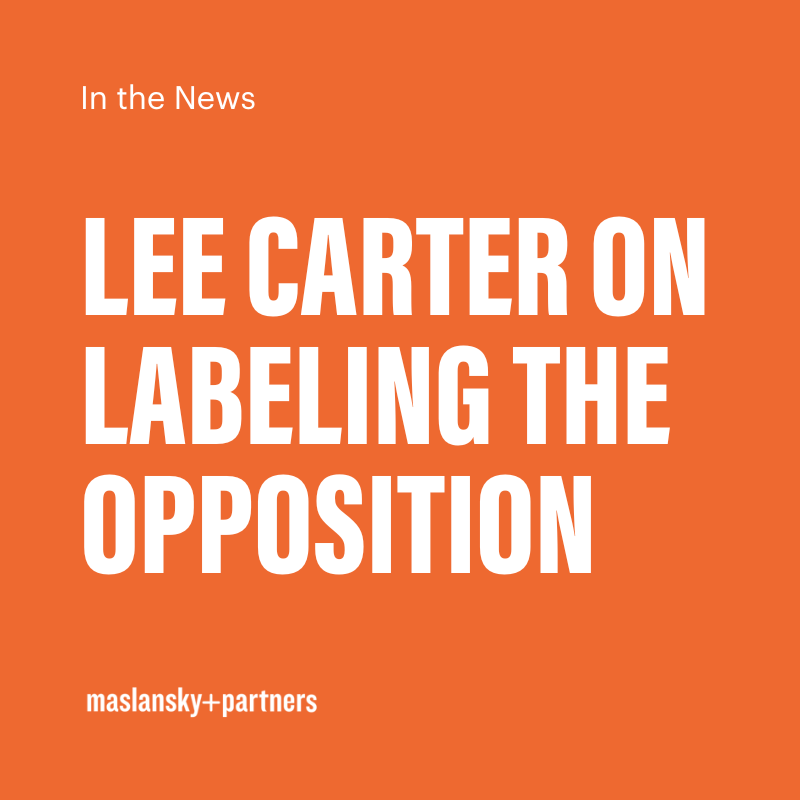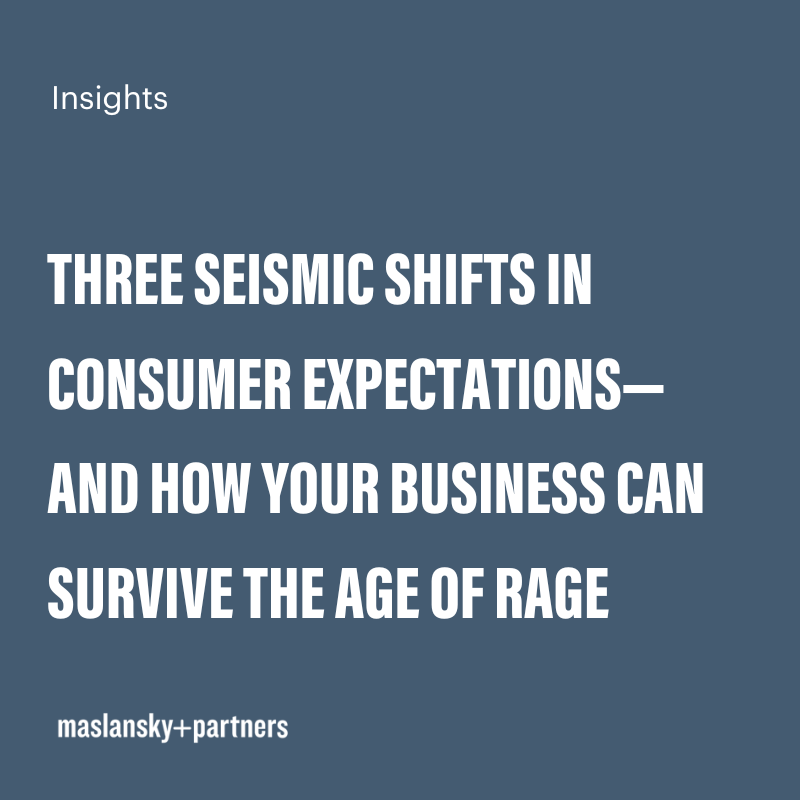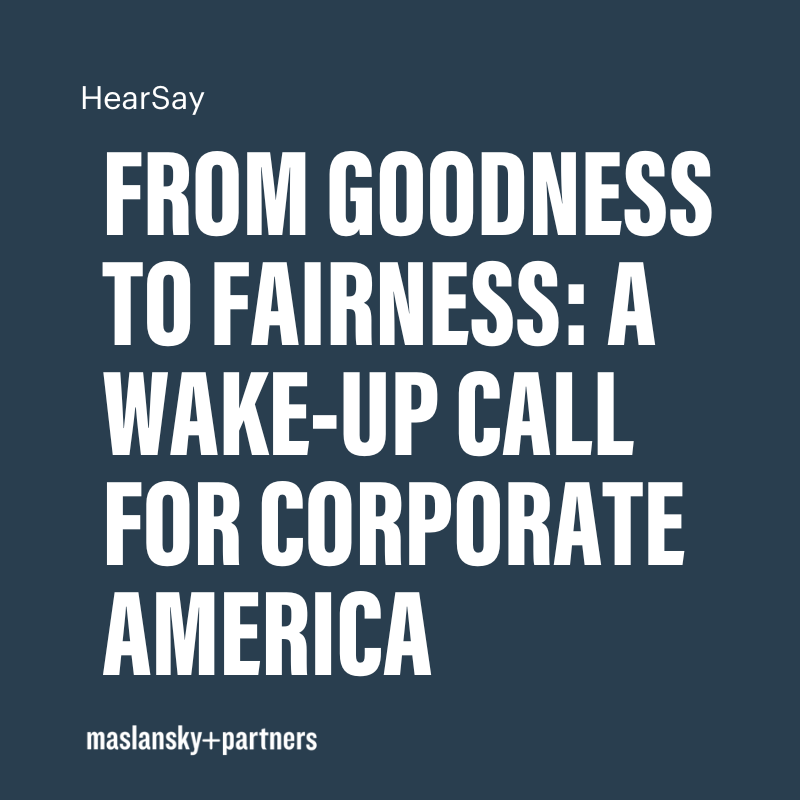Telling the Right Pharma Story in the Spotlight of Trump’s Focus on the Industry
With President Trump and RFK Jr’s focus on pharma and health, companies across those sectors need to be ready to engage and communicate their side of the story. This includes branded pharma, generic/biosimilar, and PBMs, as well as health insurers and hospitals. We are already hearing from clients looking for guidance in their messaging response to this executive action. But they’re also looking for help with the policy landscape more broadly. That includes tariffs, manufacturing, MAHA initiatives, and more. In this context, many of our clients are preparing response frameworks for public perception and reputational challenges specific to pharmaceutical companies.
The question we’re often asked: should we address this directly or let the industry associations take it on? Our answer is simple. Right now, you need all of the above strategies. Because if you do not tell your story, someone else will. And it will not be to your advantage.
Pharma needs to reshape its narrative–and rebuild trust
There is a whole series of challenges facing the pharmaceutical industry in recent months. Public outcry and anger over the cost of medications and excessive profits. Companies being hauled in front of Congress to explain medicine pricing. The ups and downs of the industry’s reputation and the rise of the MAHA movement.
Now that they are in the public spotlight yet again, pharma companies need to respond. They need to take critical steps to shift perceptions and continue to try to rebuild trust. Here are three key strategies for reshaping the industry’s narrative:
1. Don’t get defensive & don’t shift the blame
When pharma faces questions about the cost of medicine, there can be an instinct to get defensive. They may want to try to explain how much they invest in R&D and all the hard effort involved, so people have a deeper appreciation for what they do. Another popular response is to try to shift the blame to the middlemen: the pharmacy benefit managers. PBMs work on behalf of insurance companies to negotiate discounts on medicine. But they can be accused of not passing those savings on to patients. They’re positioned as taking their cut and driving up out-of-pocket costs. While this might feel like a natural response for pharma, we see repeatedly that companies need to use these tactics very carefully.
2. Shift the narrative instead
Every good story needs a hero and a villain. Instead of personifying the middleman, or foreign governments, or any other entity as the villain, the answer is much more simple. Personify the disease that you’re going up against. Make the disease the bad guy, so we’re all on the same team against this villain. Then, talk about your ability to fight or defeat that villain. Then you take the politics out of the conversation and get us all on the same team.
One company that has done this well is Ro, the online medical service that treats obesity with new injectable weight loss drugs. There’s some stigma around taking drugs for weight loss, so Ro did something clever. They changed the frame, or the way you look at it. They said that taking medicine for weight loss isn’t lazy, it’s healthcare. By taking drugs, you’re medically treating a health problem. They shifted the conversation. Pharmaceutical companies need to shift the narrative, too.
3. Tell the story of the industry’s impact on day-to-day health rather than just the moon shots
Finally, how about creating a narrative about the impact that the industry has had on our day-to-day health overall? There are a lot of medications that have changed the trajectory of health in America in positive ways. But that story is not being told. Like a new medication or therapy that has gone from twice-a-day dosing to single-day dosing. Or something that was once an injection that is now a pill.
Sometimes we take for granted the smaller things. But it’s often those small things that make our lives better every day. And when you start to recognize all those different things, you start to appreciate the companies that are behind them. People so often associate medicine with just a pill. Can the industry credibly and meaningfully expand what it does in people’s minds? Can it shift away from just being about a product or a pill, to being about offering a service that improves the quality of your life?
After the financial services industry collapse in 2008, a lot of companies tried to do similar things as pharma is doing today. They tried to distance themselves from the problem and shift the blame. After all, they weren’t the ones that took bailout funds. They weren’t the irresponsible actors. It wasn’t their fault, it was these other guys. But the answer wasn’t to help people realize you’re not part of the problem. The answer was to make them appreciate that you are the solution. For example, we tested language with one financial client that really worked. It said:
“There are a lot of things that led us to this moment, and we’re not here to debate them. We’re here to talk about how we’re going to set the financial services industry right going forward, so you know your money is always going to be safe.” That example is powerful because it goes forward. It starts to list the different things the company is doing. That way, people recognize it’s an important part of their life and part of the solution for the future.
Storytelling that drives change
Pharmaceutical companies are easily demonized. But we all have personal stories about how powerful and important they have been in our lives. Most companies have a great story to tell, but all the negativity and skepticism prevent them from being heard. It’s hard work to get people to listen, to hear you as you want to be heard, and to break through with your message. But it’s critical, and we are here to help. That is why we exist: to make sure the stories you tell really do disrupt the conversation and drive the change you are looking to see.
Contact us… and let’s get started on getting your message right to rebuild public trust in these critical times.








